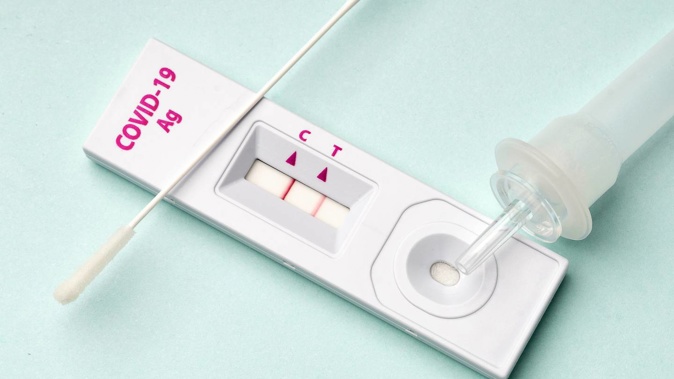
Māori in New Zealand are a third more likely to be admitted to hospitals with healthcare treatment injuries and 43 per cent more likely to be admitted due to healthcare complications than non-Māori, according to recent research.
The study, conducted over a five-year period from 2014 to 2018, reviewed hospital records from the Lakes and Bay of Plenty regions. It encompassed data from over 14,000 people aged 50 and above, including around 300 patients who experienced treatment injuries.
Dr Joanna Hikaka, a co-author of the study and a pharmacist, says adverse outcomes can occur during any healthcare procedure, but the research uncovered that kaumātua were more susceptible to experiencing such adverse events compared to non-Māori patients.
/cloudfront-ap-southeast-2.images.arcpublishing.com/nzme/VWA2IH6TV5AH3AQT6CEKN7PRHE.jpg)
Dr Joanna Hikaka, a co-author of the study and a pharmacist. Photo / University of Auckland
“We believe it is important for the New Zealand health system to routinely report adverse outcomes resulting from healthcare and respond when there are differences in outcomes between different groups in the population,” Hikaka said.
Treatment injuries, categorised as medical misadventures, include unintentional cuts and punctures during surgical procedures, while healthcare complications comprise infections and reactions to medicines.
Although the study found older Māori were more prone to hospital admissions related to these issues than their non-Māori counterparts, interestingly, Māori residing in the same regions were less likely to have a successful treatment injury-related claim with the Accident Compensation Corporation (ACC).
Addressing inequities
Dr Gina Svensen, the lead author of the paper and a junior doctor at Christchurch Hospital, stressed the significance of addressing the disparities identified within the study at a national level.
“As health professionals, this knowledge can inform and facilitate changes in our practice to address inequities in healthcare for patients across New Zealand,” she says.
A notable finding from the research was that over half of the healthcare complications experienced by both Māori and non-Māori patients were medication-related.
An improper dosage of medication used to treat high blood pressure could result in severe drops in blood pressure, leading to falls and injuries, for example.
“As we get older, the way medicines act and react in our bodies changes. Medication reviews that involve discussions between patients and their health professionals can reduce the risk of adverse outcomes and are an important part of ongoing care, particularly as people age,” Hikaka said.
Preventing injuries
Researchers at Waipapa Taumata Rau [Auckland University] said they were already collaborating with the Te Arawa Whānau Ora Collective to explore how paeārahi [Whānau Ora navigators] could assist in preventing unintentional injuries and accessing injury-related care for kaumātua.
Paeārahi had been active and proven beneficial at Korowai Aroha Health Centre in Rotorua for more than a decade, according to general manager Hariata Vercoe.
She said she looked forward to the outcome of expanding their expertise to reducing injury-related care.
“We now have paeārahi who specialise in injury care, which has been of great benefit.
“The results from the formal evaluation of the expanded service are expected later in the year.”
Take your Radio, Podcasts and Music with you









